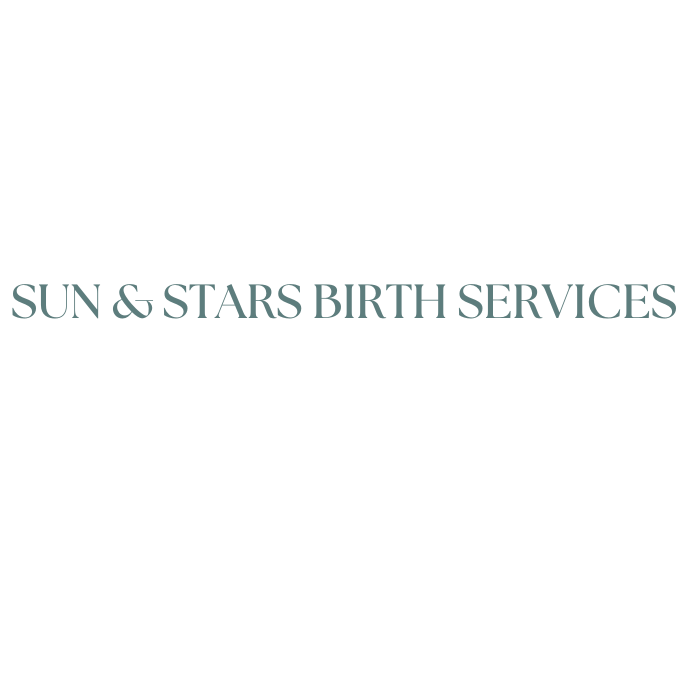New Mamas, Preventing Postpartum Depression.
Ever heard, “It’s the baby blue, you’ll get through it”? It can be frustrating knowing or not knowing something is off and you’re just not feeling like yourself. You chalk it up to having your baby and being overtired or burnt out, but sometimes it’s postpartum depression, and that’s okay!
Let's start with baby blues, baby blues are when you're initially coming off the high of the nine-month pregnancy. You’ve had appointments, a whole care team, maybe a baby shower and maybe some extra smiles while walking through the grocery store. You feel like you’re doing something big, you are! Typically after the baby arrives, there are less appointments, less of a care team, no baby preparation, etc. You may start to feel a bit “down,” generally around 3-4 days after birth. On top of an additional human you're responsible for, you also have massive hormonal shifts taking place. You might experience a wider range of emotional swings, typically a few extra tears too.
Within a few weeks, you might be feeling pretty overwhelmed. Baby's sleep is sporadic, your sleep is sporadic. You’re receiving unsolicited advice that makes you doubt your intuition. You're feeling like you’re not sure if you’re cut out for mothering, you’re lacking energy, can't seem to catch up on sleep, you're obsessing over birth and your first weeks of postpartum, how it’s nothing like what you had planned. Know you’re not alone, some or all of this complied is enough to spiral many moms further than the baby blue state. It’s estimated that between 6.5% - 20% of moms struggle with postpartum depression
Your feelings of postpartum depression are the way your body is signaling to you that you’re doing too much, physically, mentally, and emotionally. These feelings arrive after not having the chance to adapt to all the changes taking place as quickly as they’re occurring. Hormonal shifts, birth, and baby care all contribute to postpartum depression.
There are ways you can minimize or even overcome these feelings.
Eat well, inadequate nutrition can be a huge part of depression. Nutrient-balanced meals can help improve symptoms. Talk to your doctor first, generally eating healthy fish and/or supplementing with fish oil can help.
Get moving (and out of the house), I regularly say sunshine is good for the soul! While sunshine is most ideal, a change of scenery can be beneficial too. Movement encourages endorphins which can help reduce the symptoms of depression as well. Movement could be a stroll down the street, park, or even the grocery store.
Slow down, your body goes into the nesting period for a reason. It’s requesting that you slow down and focus on being pampered or taken care of. This is the perfect time for your partner, parents, or a postpartum doula to help around the house so you may settle with the baby. This isn’t the time for get-togethers, hosting people, or regularly cooking your own meals.
Try group therapy, almost all mothers have down days. If they say they don’t, don’t believe them! Everyone has harder days than others and chatting through these challenges and knowing you’re not alone is very beneficial. Your friends, birth education class, or local support groups can help you get through this period.
Self-care, if you look good, you’ll feel better. Take a hot shower or bath, do your hair or makeup, etc. Spend some time on yourself. This is the perfect time for a simple or quick routine. It’s also a great time to “treat yourself”, you’ve earned it and you deserve to feel your best.
You’re the best mama for your baby! Hang in there mama! I’m here to support you!
